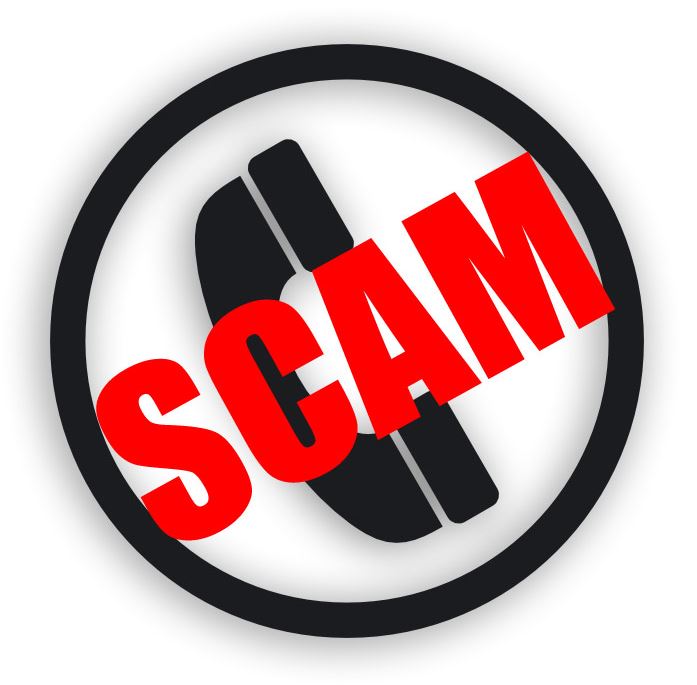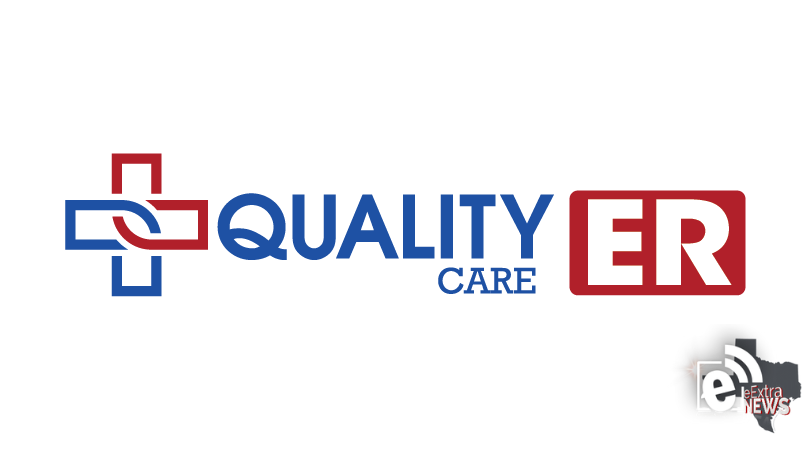U.S. Customs & Border Protection Phone Scam Continues to Target Citizens Callers seek information to bypass financial protocol

Telephone scammers are targeting residents nationwide to gain personal information that would bypass financial security protocols. A number that is being used and has been flagged will be (915) 248-0721. This number has recently been calling around Lamar County communities.
U.S. Customs and Border Protection employees are continuing to receive numerous calls from people concerned about unsolicited calls from scammers posing as U.S. Border Patrol agents and U.S. Customs and Border Protection officers.
Anyone receiving any type of call from someone claiming to be from U.S. Customs and Border Protection and seeking any type of personal information should just hang up. Phone scams can be reported to the U.S. Customs & Border Protection Phone Scam Continues to Target Citizens Callers seek information to bypass financial protocols.
U.S. Customs and Border Protection employees are continuing to receive numerous calls from people concerned about unsolicited calls from scammers posing as U.S. Border Patrol agents and U.S. Customs and Border Protection officers.
A variation of this call is a pre-recorded message stating that a “shipment of drugs or money with your name on it and has been intercepted.” The target is then instructed to press #1 to speak with a CBP Officer/Agent. When connected, the scammer then attempts to confirm the target’s banking information.
These calls, whether a pre-recorded message or live person, are phone scams/phishing attempts and residents are urged to not provide the caller with any information. The Department of Homeland Security and CBP does not solicit money over the phone.
If you get a call like this, here are a few things to keep in mind:
– CBP won’t call you out of the blue with promises of money or threats. Is the caller asking you to pay a fee or share your Social Security, credit card, or bank account numbers over the phone? Hang up. It’s a scam.
– CBP never uses gift cards, cryptocurrency, or wire transfers. If someone asks you to pay this way, it’s a scam. Always.
– Don’t trust caller ID. Scammers can make their phone numbers look real even if they’re not.
– Check with CBP if you’re unsure about whether a call or email is real. Never call back phone numbers in caller ID, or left in voicemails, emails, or social media messages. Instead, type the agency name into a search bar and click on their webpage to find contact information.
Anyone receiving any type of call from someone claiming to be from U.S. Customs and Border Protection and seeking any type of personal information should just hang up. Phone scams can be reported to the: https://reportfraud.ftc.gov/
If you have any questions about fraud alert tips or would like info on our free safety presentation, please contact our office at 903-737-2400 and speak with Chief Deputy Tommy Moore or Lt. Cole Sain.



